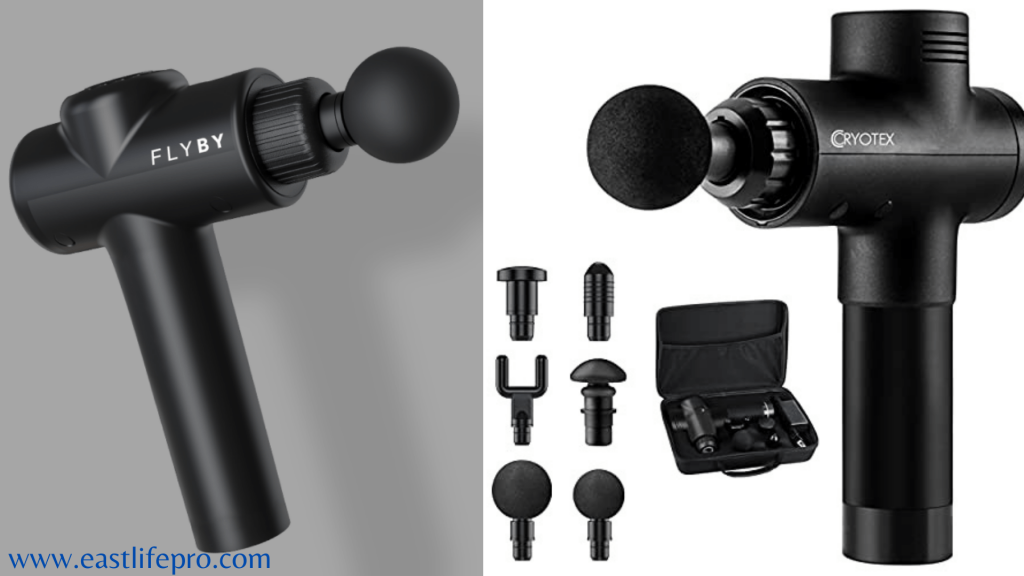Maintaining healthy teeth is a crucial aspect of our overall health, yet many of us find it challenging to keep up with the best practices for dental care. Whether it’s due to busy schedules, lack of information, or simply forgetting, our teeth often don’t get the attention they deserve.
Moreover, as we age, our dental needs evolve. What worked in our youth might not be sufficient as adults, especially when considering corrective procedures like braces. This aspect of dental care is often overlooked, yet it plays a significant role in not only the aesthetics of our smile but also in maintaining overall oral health.
This article aims to change that by offering six straightforward tips to help you keep your teeth in top shape. From understanding the importance of regular dental checkups to discovering the best dietary choices for oral health and even discussing the specifics of adult orthodontic care, these tips are designed to be easy to follow and effective.
Navigating Braces As An Adult
When we think of braces, we often picture teenagers with metallic smiles. However, this orthodontic treatment isn’t just for kids. Braces treatment for adults is becoming increasingly popular as more and more people are looking to improve their smiles later in life. If you’re an adult considering braces, there are a few things you should know.
Firstly, there are several types of braces available nowadays. Traditional metal braces are still common, but there are less noticeable options, too. You can consider ceramic braces, which blend in with the color of your teeth, or lingual braces, which are hidden behind the teeth. Another popular choice is clear aligners like Invisalign, which are virtually invisible and can be removed for eating and cleaning.
When you have braces as an adult, it’s essential to be diligent about oral hygiene. Braces can trap food and plaque, so brushing and flossing after every meal becomes even more important. Use a soft-bristled brush and take your time to ensure all the nooks and crannies around the braces are clean. Flossing might be tricky at first, but tools like floss threaders or water flossers can make it easier.
Lastly, don’t let myths discourage you. Some people believe that braces are only effective in younger individuals, but the truth is that teeth can be moved and straightened at any age. The key is to follow your orthodontist’s advice and care for your braces properly.
Consistent Dentist Visits
One of the most critical steps in maintaining dental health is paying regular visits to the dentist. These checkups are not just for when you have a problem; they are preventative measures to keep problems from arising in the first place. At a dental appointment, your dentist will clean your teeth, eliminating plaque and tartar that brushing and flossing alone cannot remove. They will also examine your mouth for any signs of potential issues, like cavities, gum disease, or other oral health concerns.
Dentists recommend that you visit at least twice a year. These regular visits can help catch problems early when they’re easier and less expensive to treat. They can also provide you with personalized advice on how to take care of your teeth based on your unique situation.
Proper Brushing Technique
Brushing your teeth might appear straightforward, yet it’s important to do it properly for the sake of your oral hygiene. Using the correct brushing method is essential for eliminating plaque, which is a sticky layer of bacteria that accumulates on your teeth.
First, choose a toothbrush with soft bristles and a head that fits comfortably in your mouth. Apply a pea-sized amount of fluoride toothpaste. Position your toothbrush at a 45-degree angle towards your gums and brush in soft, circular strokes. Brush every part of your teeth – the external, internal, and biting surfaces. And don’t forget to brush your tongue, too. It’s important to brush for two minutes twice a day. This ensures you’re giving each section of your mouth the attention it needs.
Flossing Is Equally Important
Brushing your teeth is half the battle; the other half is flossing. While brushing cleans the surface of your teeth, flossing gets in between them where your brush can’t reach. This is crucial because plaque and food particles often hide in these spaces. To floss correctly, gently guide the floss between your teeth using a rubbing motion. When you reach the gum line, curve the floss into a ‘C’ shape against one tooth and gently slide it into the space between the gum and the tooth. Repeat this process for each tooth, using a fresh section of floss each time.
Avoiding Harmful Habits
Certain habits can be detrimental to your teeth. For instance, smoking not only stains your teeth but also increases your risk of gum disease and oral cancer. Similarly, chewing on hard objects like ice or using your teeth as tools can lead to chips or cracks. Nail biting is another common habit that can damage both your teeth and jaws over time. To keep your teeth healthy, try to avoid these habits. If you’re struggling, seek advice from a healthcare professional or look for healthier ways to cope with stress or boredom.
Managing Teeth Sensitivity
If you’ve ever felt a sharp pain when consuming hot, cold, sweet, or sour foods and drinks, you might have sensitive teeth. This can happen when tooth enamel wears down, exposing the softer inner part of the tooth, or when gum recession occurs, exposing the root. For sensitive teeth, opt for toothpaste formulated for sensitive teeth. Such toothpastes include ingredients that block the transfer of sensation from the tooth’s surface to the nerve. Also, be gentle when brushing and avoid acidic foods and drinks that can worsen sensitivity.
Wrapping Up
By following these six simple tips, you can greatly improve your oral health and keep your smile bright and healthy. Remember, regular dental checkups are essential, along with proper brushing and flossing techniques. Pay attention to your habits and diet, as they play a significant role in the health of your teeth. Every small step you take towards better oral care counts. Start today, and your teeth will thank you for years to come!
James Martin is a passionate writer and the founder of OnTimeMagazines & EastLifePro. He loves to write principally about technology trends. He loves to share his opinion on what’s happening in tech around the world.



